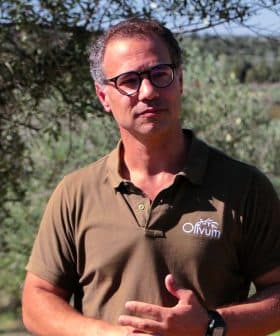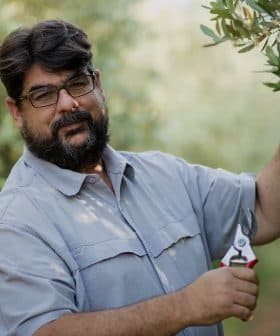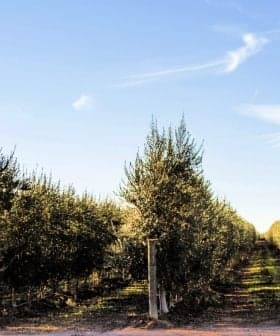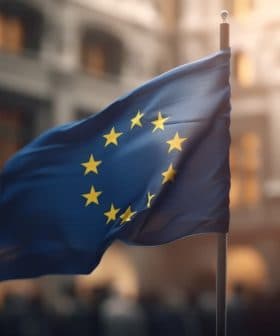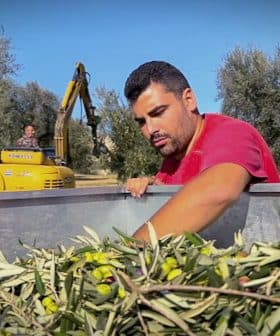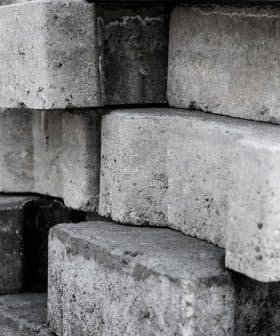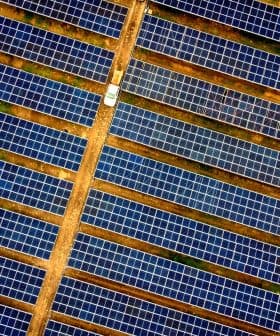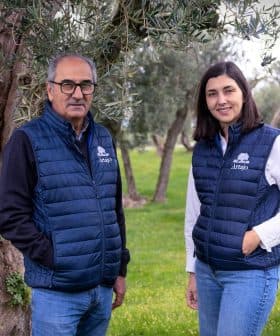Olive Farm Helps Save Rhinos
South African olive oil producer Rio Largo Olive Estate has designed two labels to fund endangered rhinos.
Rio Largo Olive Estate is selling olive oil with rhino labels to raise funds for organizations like Saving the Survivors and Rhino Revolution, which work to save endangered rhinos in South Africa. The Wilkinsons, owners of Rio Largo, were inspired to create the rhino labels after being approached by a volunteer rhino ambassador and are dedicated to supporting wildlife conservation efforts.
Multi award-winning South African olive oil Rio Largo Olive Estate is contributing to saving endangered rhinos with their two rhino labels of which a percentage of the sales will be apportioned to this cause.
You never forget the feeling of awe after you have been in the quiet of the open Bushveld and witnessed these beautiful animals in their natural habitat.
Organizations benefitting from a percentage of the sales of Rio Largo’s rhino labels oils are South African-based Saving the Survivors and Rhino Revolution.
Rio Largo regularly creates innovative containers and labels for their oils, as well as personalized labels on request. Brenda Wilkinson, who co-owns Rio Largo with her husband Nick, told Olive Oil Times they have more than twenty different labels for their oils.
Rio Largo’s website states their labels are fast becoming collector’s items.
Wilkinson said she and her husband were asked about creating a label to save rhinos by volunteer rhino ambassador Sue Brown, whom they met while displaying their oils with personalized labels at a local market.
“We were hesitant at first,” Wilkinson said, “as we felt that this needed to have a focused budget, and how would we work this?”
She also pointed out it isn’t easy to find projects where small injections of funds are able to be used with effect “but there is always a way we can help.”
“We needed the project to have integrity and for the money to be used wisely,” she said, “but Sue guided us and we were soon on our way with fabulous designs to create awareness.”
Besides being prompted by Brown, the Wilkinsons are passionate about wildlife. They lived in Central Africa for over twenty years before they bought Rio Largo in 2010, and they visit game lodges whenever possible.
“You never forget the feeling of awe after you have been in the quiet of the open Bushveld and witnessed these beautiful animals in their natural habitat,” said Wilkinson.
The Wilkinsons had the two rhino labels for their on-tap decanters designed by South African artists Frans Groenewald and Caryl Laurenson respectively.
The rhino labels are available in South Africa only, but Wilkinson said they are working with a company in the UK to create bottle sleeves with one of Rio Largo’s rhino designs. She said the distributor there also fell in love with the idea of sharing a product with so many health benefits to mankind, to save rhinos.
“It is a great fit,” Wilkinson said.
She expressed optimism for the future of rhinos based on widespread education on the issue and increased measures to keep rhinos safe. Those measures have resulted in a slow decline in rhino poaching.
Rhinos are critically endangered, with between 5,000 and 5,400 remaining globally according to WWF.
An article on savetherhino.org, explained Rhinos are killed for their horns that are used in traditional Chinese and Vietnamese medicine.
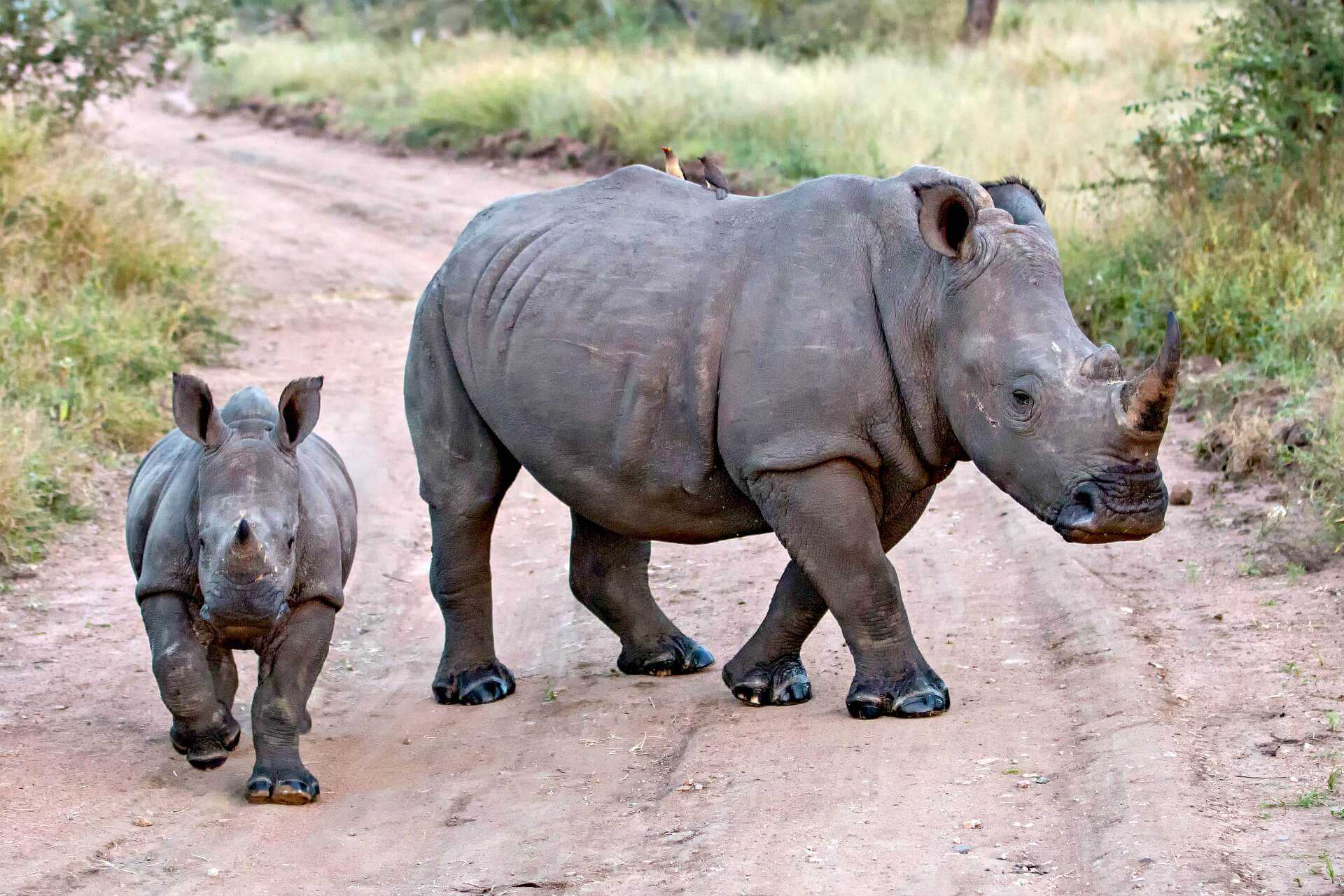
Saving the Survivors, a beneficiary of the Rio Largo rhino labels, are a field-based South African NPO caring for and rescuing threatened and endangered wildlife species. They also focus on rhino research and educating local communities.
Saving the Survivors project coordinator Tersia Jooste said: “Saving the Survivors cannot attend to injured endangered wildlife without the generosity of our many supporters worldwide. Every single one of them makes a considerable difference in our lives and, more importantly, the lives of our endangered species. Your support is critical to helping us achieve our conservation goals.”
Jooste said Saving the Survivors tended to over thirty injured rhinos in South Africa and neighboring Mozambique over the past year.
Rhino Revolution — the other beneficiary of Rio Largo’s rhino labels — is an NPO that rehabilitates orphaned rhino calves for release back into the wild, implements anti-poaching measures in private reserves and educates and inspires the youth of impoverished local communities.
“We are very proud that we successfully released our first five orphanage rhino calves back into the wild at the end of 2017,” said Rhino Revolution spokesperson Harriet Nimmo.


